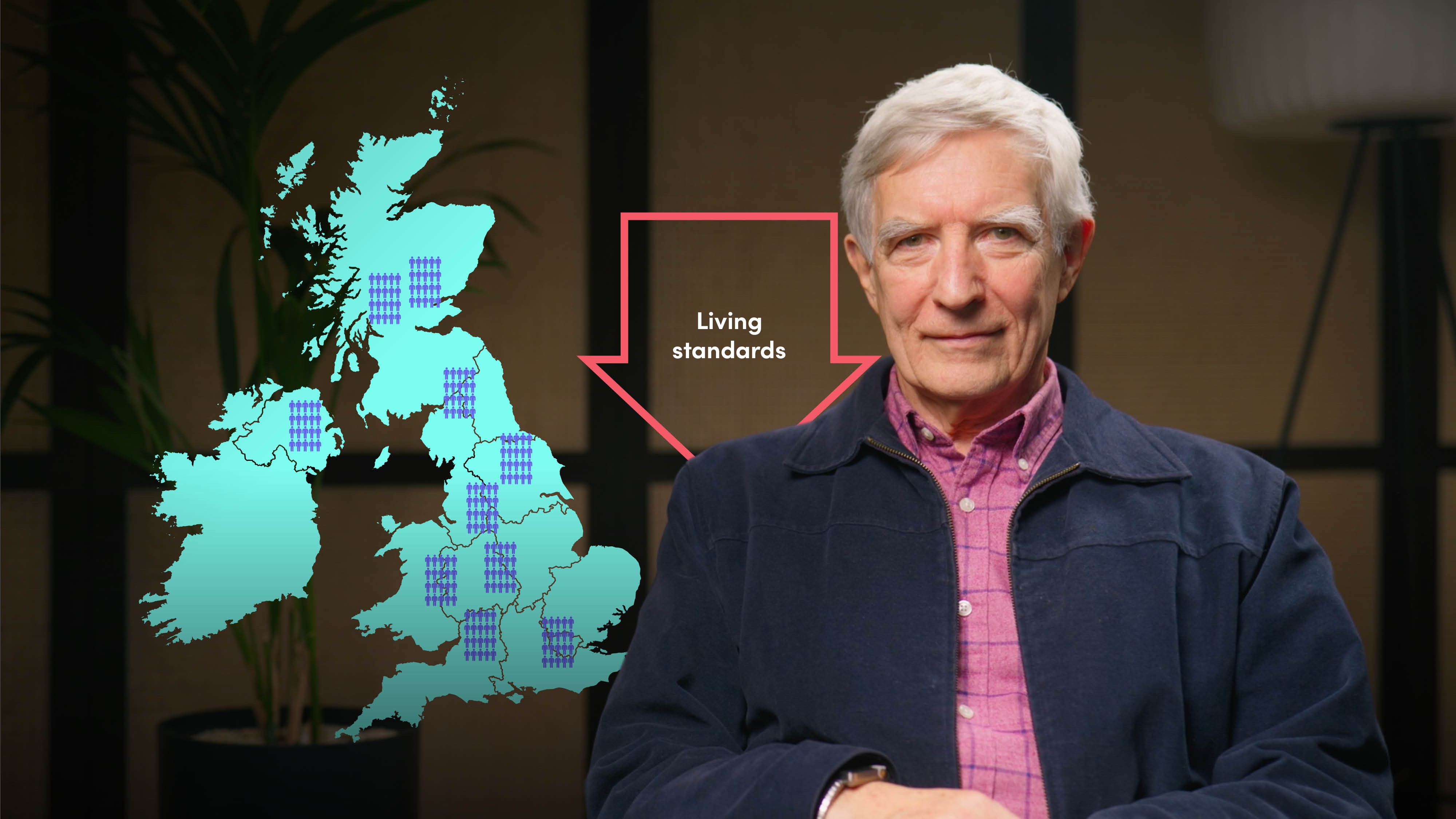
Overconsumption and Environmental Footprints

Richard Wilkinson
50 years: Social Epidemiology
In this video, Richard uncovers how economic inequality exacerbates environmental degradation. He also explores the significant environmental impact of the wealthy, from high carbon footprints to unsustainable consumption patterns. He also talks about why addressing inequality is vital for environmental sustainability, necessitating a shift away from consumerism.
In this video, Richard uncovers how economic inequality exacerbates environmental degradation. He also explores the significant environmental impact of the wealthy, from high carbon footprints to unsustainable consumption patterns. He also talks about why addressing inequality is vital for environmental sustainability, necessitating a shift away from consumerism.

Overconsumption and Environmental Footprints
12 mins 10 secs
Key learning objectives:
Understand the consequences of the jet set lifestyle of the rich
Understand how inequality drives status competition and social comparisons
Outline how inequality is detrimental to the environmental crisis
Overview:
Economic inequality magnifies the consumption of status symbols, escalating environmental degradation. Wealthy individuals disproportionately contribute to CO2 emissions, establishing unsustainable lifestyle benchmarks. Tackling inequality is vital for environmental sustainability, emphasising the need for equitable and universally accepted environmental policies. This situation necessitates a cultural shift away from consumerism towards sustainable practices. The historical evolution from modesty to luxury glorification must be reexamined to combat the environmental crisis.

Richard Wilkinson
There are no available Videos from "Richard Wilkinson"

